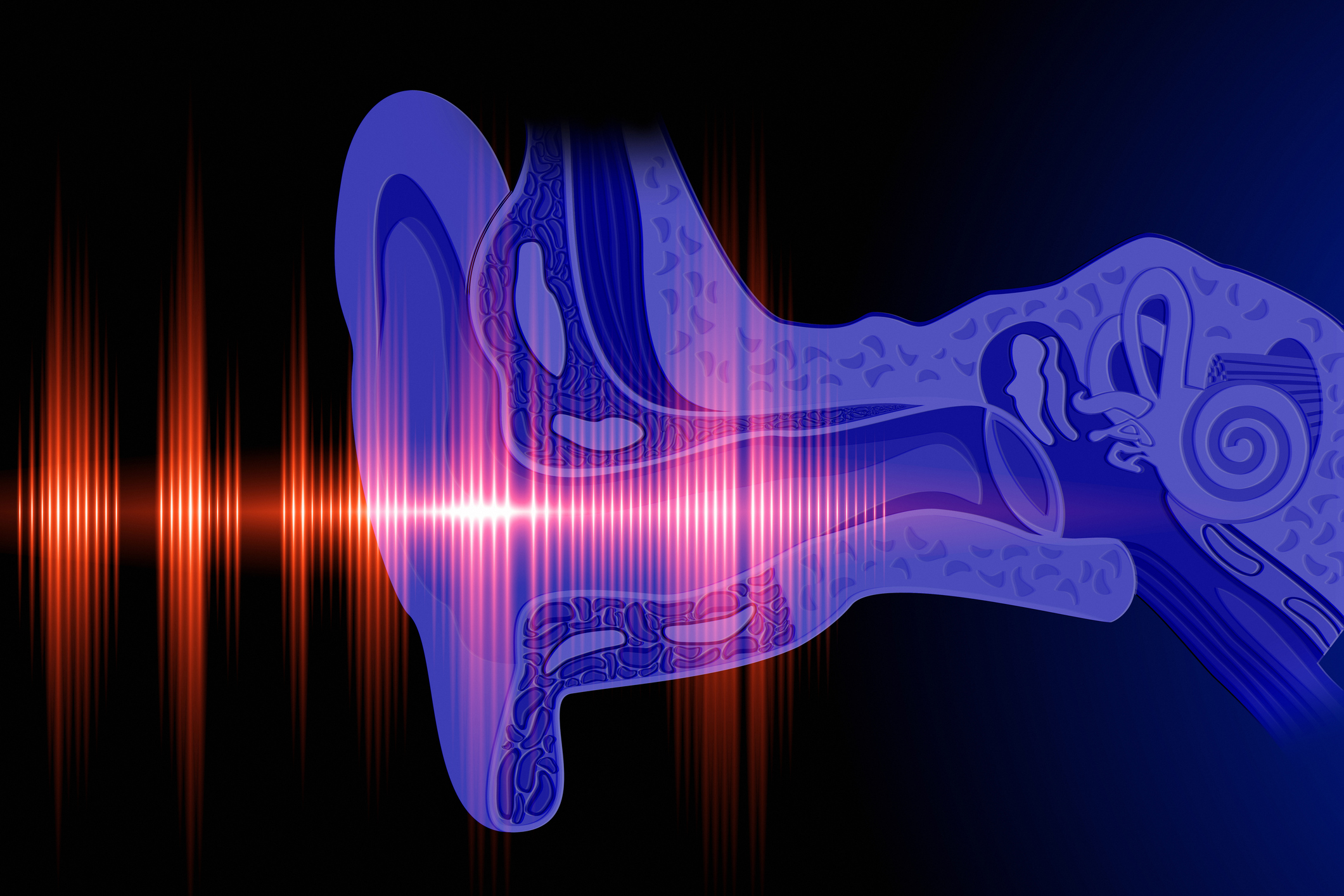Category: Scientific Advances
-

Study Establishes Fluctuating ’Gating’ Mechanisms Supporting Flexible Behavior
A study led by Elizabeth Johnson, PhD, has established fluctuating “gating” mechanisms that support flexible behavior and working memory in humans, findings recently published in Nature Communications.
-

Understanding How Hormones Influence Anemia
Northwestern Medicine scientists have uncovered how peptides produced by bones during inflammation prevent anemia in mice, according to a recent study published in the journal Blood.
-

Improving the Study of Sex-Based Differences in Complex Traits and Disease
Investigators led by Barbara Stranger, PhD, associate professor of Pharmacology, developed a guide outlining best practices for studying and testing sex-dependent genetic effects in complex traits and diseases, published in the journal Cell.
-

Improving Crystal Engineering with DNA
Northwestern investigators have demonstrated that fine-tuning DNA interaction strength can improve colloidal crystal engineering to enhance their use in creating an array of functional nanomaterials.
-

NIH Toolbox App Provides Access to Tests for Cognition, Motor, Sensation and Emotion
An iPad app developed by Northwestern Medicine investigators that helps measure specific aspects of cognitive, motor, sensory and emotional function in five minutes or less is now available for doctors to screen people ages 3 to 85+ for a wide range of neurological diseases and syndromes.
-

Understanding the Role of Octopamine in Neurodegeneration
Northwestern Medicine scientists have discovered how octopamine, the major “fight-or-flight” neurotransmitter in invertebrates, communicates with other cells to prevent cell death in mammalian brains, according to a study published in the Proceedings of the National Academy of Sciences.
-

Graphene ‘Tattoo’ Treats Cardiac Arrhythmia With Light
Scientists led by Northwestern University and the University of Texas at Austin (UT) have developed the first cardiac implant made from graphene, a two-dimensional super material with ultra-strong, lightweight and conductive properties, described in a study published in Advanced Materials.
-

Investigating Protein’s Role in Hearing Loss
The fast motor function of prestin, a protein found in the inner ear, is essential for mammalian hearing, according to a Northwestern Medicine study published in the Proceedings of the National Academy of Sciences.
-

How ChatGPT Has, and Will Continue to, Transform Scientific Research
Northwestern experts weigh in on how ChatGPT has and will continue impact biomedical research, and how artificial intelligence can be used to support the advancement of science and medicine.
-

Humans are Not Just Big Mice: Identifying Science’s Muscle-Scaling Problem
A new study is the first to show that extrapolating physiological findings from small animals can produce incorrect predictions in humans.






